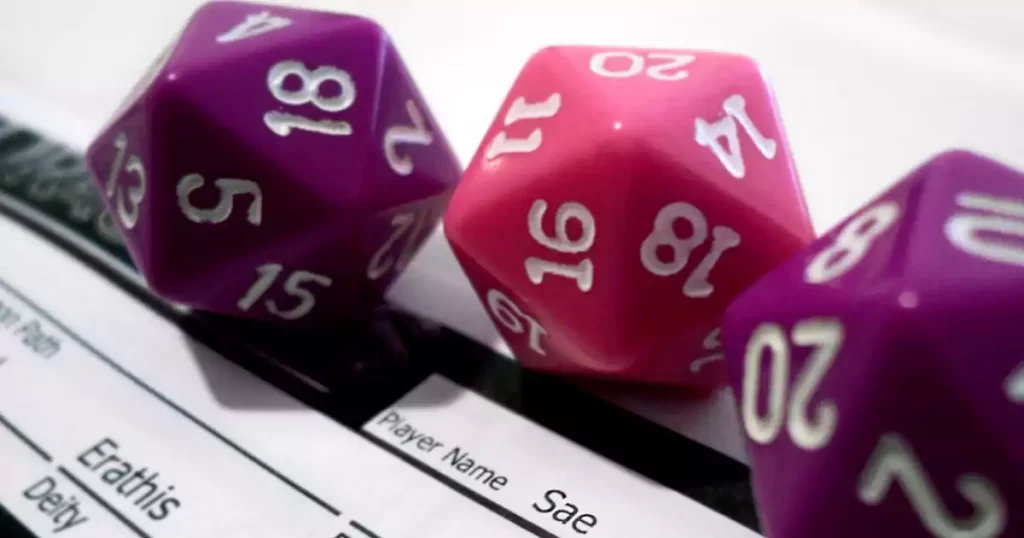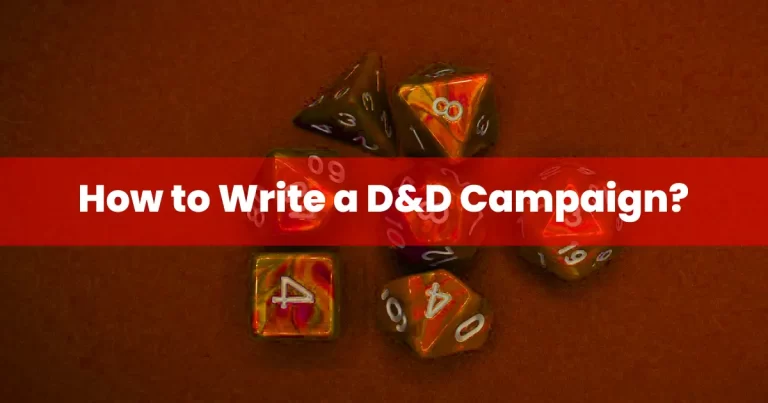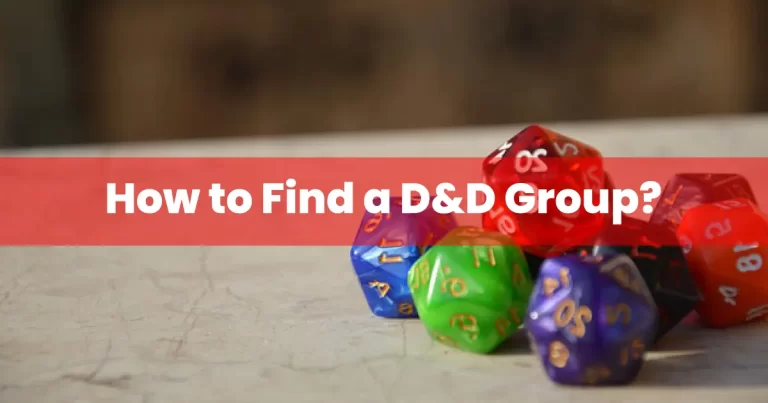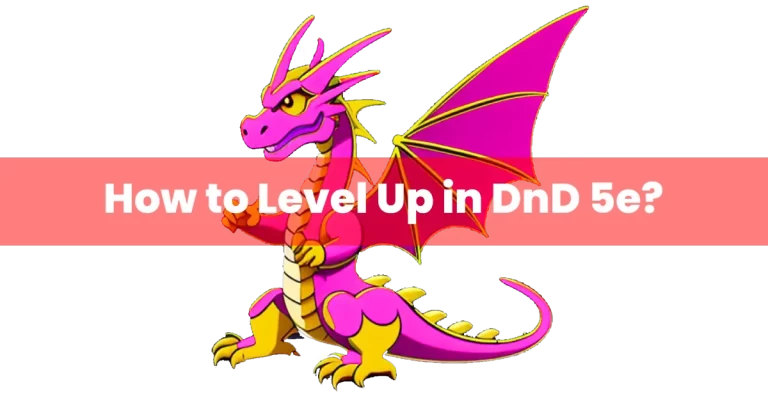What is Dungeons and Dragons Board Game? A Thorough Guide
Dungeons and Dragons (D&D) is a legendary tabletop role-playing game (RPG) that has captivated the hearts and minds of players for over four decades. This article aims to provide a comprehensive guide to the game, taking you on a journey from beginner to expert level. From understanding the basic mechanics to mastering advanced strategies, let’s explore the depths of the Dungeons and Dragons board game.
The Basics: Getting Started
To embark on your D&D adventure, you’ll need a few essential components:
The Rulebooks
The core rulebooks include the Player’s Handbook (PHB), Dungeon Master’s Guide (DMG), and Monster Manual (MM). These books provide the foundation for understanding the game mechanics, character creation, and world-building.
Dice
D&D uses a unique set of dice, including the iconic 20-sided dice (d20) as well as others with four, six, eight, ten, and twelve sides. These dice determine the outcomes of various actions and add an element of chance to the game.

Character Sheets
Character sheets are used to record important information about your player character (PC), such as their abilities, skills, equipment, and backstory, etc.
Creating Your Character
Character creation is a crucial step that allows you to shape your own unique persona within the game. Here’s a step-by-step breakdown of the process:
Choosing a Race
D&D presents an extensive range of races, each imbued with its own unique abilities, traits, and cultural backgrounds. These races span a wide spectrum, allowing players to choose the one that best aligns with their vision and desired playstyle. Let’s delve into the diverse races available in D&D:
Dwarves
Dwarves are known for their stout and sturdy physiques. They excel in craftsmanship, mining, and martial prowess. Dwarves possess exceptional resilience and are renowned for their ability to withstand physical hardships. They have darkvision, granting them the ability to see in the dark, and possess a natural proficiency with various weapons and armors.
Elves
Elves are graceful, long-lived beings with a deep affinity for nature and magic. They are known for their exceptional agility and keen intellect. Elves possess heightened senses, granting them proficiency in perception and advantage against being charmed. With their natural connection to the arcane, elves excel as spellcasters and are skilled archers.
Humans
Humans are the most diverse and adaptable race in D&D. They possess a wide range of physical appearances, cultural backgrounds, and capabilities. Humans possess a remarkable capacity for learning, granting them flexibility in choosing their class and skill proficiencies. Their versatility makes them well-suited for any role within an adventuring party.
Tieflings
Tieflings are descendants of humans and fiends, resulting in unique physical features and demonic ancestry. They often possess horns, a forked tail, and strikingly colored eyes or skin. Tieflings have a natural affinity for arcane magic and are resilient to fire damage. Their infernal heritage grants them access to dark, mystical abilities that can aid them in both combat and social interactions.
These are just a few examples of the numerous races available in D&D. Other races include halflings, gnomes, half-elves, dragonborn, half-orcs, and many more. Each race carries its own distinct cultural traditions, histories, and abilities, providing players with a rich tapestry of options to choose from.
Selecting a Class
In D&D, classes define the character’s profession or adventuring specialization, shaping their abilities, skills, and playstyle. Each class offers a distinct set of strengths and capabilities, allowing players to embody a wide range of roles within the game world. Whether you envision yourself as a formidable warrior, a cunning spellcaster, a skilled rogue, or something entirely different, the class you choose will profoundly impact your character’s abilities and role in the party.
Following are some of the key classes available in D&D:
Fighter
Fighters are masters of martial combat, wielding a variety of weapons and wearing heavy armor. They excel in direct physical confrontations, possessing a high degree of weapon proficiency and combat techniques. Fighters can specialize in various combat styles, such as archery, two-weapon fighting, or brute strength. Their versatility and durability make them formidable front-line warriors.
Wizard
Wizards are arcane spellcasters who possess an extensive repertoire of spells and the ability to manipulate the very fabric of reality. They devote their lives to the study of magic and can wield immense power. Wizards can specialize in different schools of magic, such as evocation (focused on destructive spells) or enchantment (focused on manipulating minds). Their spellcasting prowess allows them to shape the battlefield and unravel mysteries through magical means.
Rogue
Rogues are agile and cunning individuals, specializing in stealth, precision strikes, and skill versatility. They excel in sneaking, lock-picking, and disarming traps. Rogues can deliver devastating sneak attacks, exploit weaknesses, and excel at out-of-combat skills, such as perception, sleight of hand, and deception. They are masters of versatility and adaptability, often serving as the party’s scout and infiltrator.
Cleric
Clerics are divine spellcasters who draw their power from deities or higher powers. They serve as conduits for divine magic, wielding healing and protective spells to aid allies and smiting foes with righteous fury. Clerics can specialize in domains, aligning themselves with a specific deity or aspect of the divine. They are versatile support characters, capable of healing, buffing allies, and turning undead.
Bard
Don’t take it as a Google Bard, it’s a D&D class :). Bards are performers and storytellers who use their charm, wit, and magical abilities to inspire allies and manipulate the world around them. They are skilled musicians, actors, or poets, using their artistic talents to cast spells, inspire courage in their companions, and weave magical enchantments. Bards have a wide range of skills and can fill various roles within the party, including support, control, and spellcasting.
These are only a few examples of the classes available in D&D. Other classes include paladins, druids, sorcerers, monks, and more. Each class offers a unique playstyle, set of abilities, and role within the party. When selecting a class, consider the playstyle and abilities that resonate with your vision for the character.
Remember, D&D encourages creativity and customization, so don’t be afraid to add your own flavor to your chosen class. Embrace the role and abilities of your class, collaborate with your party members, and enjoy the epic adventures in a world shaped by your character’s unique skills and abilities.
Background and Alignment
Backgrounds add depth to your character by providing details about their upbringing, skills, and personality traits. Alignment reflects your character’s moral and ethical compass, ranging from lawful good to chaotic evil.
Ability Scores
Rolling dice or using a point-buy system, allocate scores to your character’s abilities, such as Strength, Dexterity, and Intelligence. These scores influence your character’s capabilities in different areas.
Choosing Skills and Equipment
Select skills and proficiencies that align with your character’s background and class. Acquire starting equipment, such as weapons, armor, and tools.
The Dungeon Master’s (DM) Role
The Dungeon Master (DM) holds a crucial position in D&D, overseeing the game and guiding the narrative. As the DM, your responsibilities include:
Crafting Adventures
Design compelling adventures filled with mysteries, encounters, and challenges for the players to navigate. Prepare detailed descriptions of locations, non-player characters (NPCs), and potential story arcs.
3.2 Role-playing NPCs: Bring the game world to life by embodying various characters the players encounter. Interact with the players, provide information, and maintain the game’s pacing.
Adjudicating Rules
Understand and apply the game’s rules to ensure fair and consistent gameplay. Act as the referee, making judgment calls when situations arise that are not explicitly covered in the rulebooks.
Creating a Dynamic World
Continuously adapt the game world based on player choices, actions, and consequences. Foster immersion and engagement by presenting realistic and engaging environments.
Tokens
Tokens in Dungeons & Dragons (D&D) are physical or digital representations used to depict characters, creatures, and objects in the game. They aid in combat encounters and provide visual references for positioning on a battle grid or map. Miniatures are detailed figurines representing characters and monsters, commonly made of metal, plastic, or resin.
Cardboard tokens, usually circular or square-shaped, display printed images to represent entities and are cost-effective alternatives.
In online platforms like Roll20 or Fantasy Grounds, digital tokens, comprising images or icons, are used on virtual battle maps. Tokens assist players and Dungeon Masters (DMs) in tracking positions, distances, and tactical decisions during combat. By moving tokens, players indicate character or creature movement and actions.
Gameplay Mechanics
Now that you have your character and a DM to guide the adventure, let’s delve into the core gameplay mechanics:
Ability Checks
Whenever your character attempts a challenging action, such as picking a lock or persuading an NPC, the DM may ask you to make an ability check. Roll a twenty-sided dice (d20) and add modifiers based on your character’s relevant ability scores and proficiency.
Combat
Combat encounters occur when characters engage in battle with monsters or other adversaries. Determine initiative (turn order) by rolling a d20, and take turns attacking, casting spells, or using other abilities. Combat relies on dice rolls to determine hits, damage, and other outcomes.
Spells and Magic
Spellcasting classes have access to a vast array of spells, each with unique effects and requirements. Spells are categorized by levels and are cast by expending spell slots. Prepare and choose spells that suit your character’s abilities and playstyle.
Experience and Leveling Up
Over time, characters gain experience points (XP) by completing quests, defeating enemies, and overcoming challenges. Accumulating XP allows characters to level up, granting them new abilities, increased power, and additional options.
Advanced Strategies and Tips
As you become more experienced in playing D&D, consider the following advanced strategies and tips:
Role-playing
Embrace your character’s personality, motivations, and quirks. Engage in meaningful interactions with other players and NPCs to bring the story to life.
Collaboration
Work closely with your fellow players to form cohesive strategies and overcome obstacles. Effective communication and teamwork are key to success.
Exploration and Investigation
D&D encourages players to explore the game world, interact with the environment, and unravel mysteries. Pay attention to details, investigate clues, and engage in creative problem-solving.
World-Building
As a DM, go beyond pre-made adventures and develop your own unique campaign settings. Craft a detailed and immersive world that captures the imagination of your players.
Homebrewing and House Rules
Customize the game to suit your group’s preferences by introducing homebrew rules, creating unique items or monsters, or modifying existing mechanics. Ensure open communication and consensus among the players.
Conclusion
Dungeons and Dragons is a captivating game that allows players to unleash their creativity, immerse themselves in rich storytelling, and forge unforgettable memories. By starting with the basics, creating compelling characters, and mastering the gameplay mechanics, you can ascend from a novice adventurer to an expert tactician. Whether you’re a player or a Dungeon Master, the world of D&D offers endless possibilities for thrilling adventures and boundless imagination. Embrace the magic of D&D, and let your epic journey begin.







